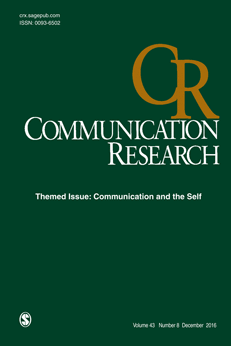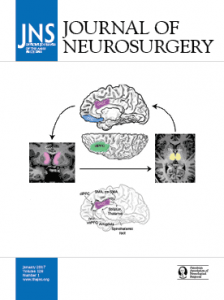 When authors are faced with filling out a journal’s conflict of interest form, deciding what qualifies as a relevant conflict can be tricky. When such omissions come to light, only rarely do they result in retractions – and certainly not author bans. But there are exceptions.
When authors are faced with filling out a journal’s conflict of interest form, deciding what qualifies as a relevant conflict can be tricky. When such omissions come to light, only rarely do they result in retractions – and certainly not author bans. But there are exceptions.
In October, the journal Chest retracted a 2015 review article exploring how mechanical ventilation can be used most effectively to manage acute respiratory distress syndrome (ARDS) after finding that the authors failed “to disclose all relevant conflicts of interest.” What’s more, the journal initially planned to ban the two authors with undisclosed conflicts from submitting papers to the journal for three years, but ultimately decided against it.
The Committee on Publication Ethics says that retractions may be warranted in cases of undisclosed conflicts of interest, but in our experience, most notices that cite that reason mention other problems with the paper, as well. Not this case – here, the only thing that seemed wrong with the paper was the authors’ failure to mention their ties to a ventilator company. The authors requested a correction – the usual fix, one accepted by the other journals they contacted – but to Chest, that wasn’t enough.
Here’s the retraction notice for “Mechanical Ventilation as a Therapeutic Tool to Reduce ARDS Incidence”: Continue reading Undisclosed conflicts of interest usually lead to corrections – but for some journals, that’s not enough
 After a years-long dispute over a 2012 paper which suggested there might be some effects of first-person shooter video games on players, the journal has retracted the paper.
After a years-long dispute over a 2012 paper which suggested there might be some effects of first-person shooter video games on players, the journal has retracted the paper. When authors are faced with filling out a journal’s conflict of interest form, deciding what qualifies as a relevant conflict can be tricky. When such omissions come to light, only
When authors are faced with filling out a journal’s conflict of interest form, deciding what qualifies as a relevant conflict can be tricky. When such omissions come to light, only 
 Last March, a PhD student at Harvard filed a misconduct allegation against his mentor, a prominent stem cell researcher. Three months later, he was taken from his home by police in the middle of the night for a forced psychiatric evaluation.
Last March, a PhD student at Harvard filed a misconduct allegation against his mentor, a prominent stem cell researcher. Three months later, he was taken from his home by police in the middle of the night for a forced psychiatric evaluation.




 Around two years ago, when mathematics researcher
Around two years ago, when mathematics researcher